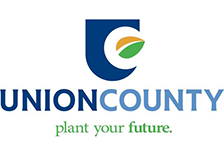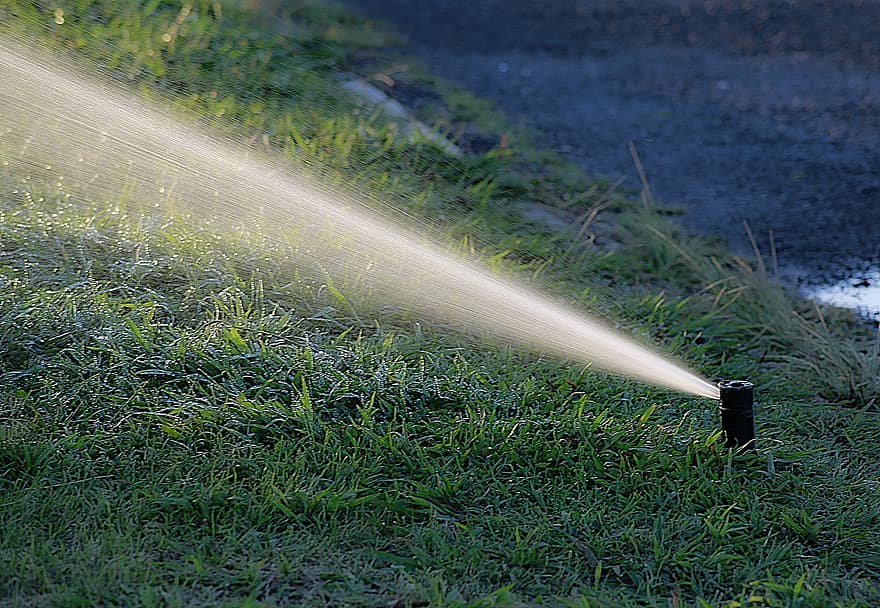Summer Irrigation
go.ncsu.edu/readext?717620
en Español / em Português
El inglés es el idioma de control de esta página. En la medida en que haya algún conflicto entre la traducción al inglés y la traducción, el inglés prevalece.
Al hacer clic en el enlace de traducción se activa un servicio de traducción gratuito para convertir la página al español. Al igual que con cualquier traducción por Internet, la conversión no es sensible al contexto y puede que no traduzca el texto en su significado original. NC State Extension no garantiza la exactitud del texto traducido. Por favor, tenga en cuenta que algunas aplicaciones y/o servicios pueden no funcionar como se espera cuando se traducen.
Português
Inglês é o idioma de controle desta página. Na medida que haja algum conflito entre o texto original em Inglês e a tradução, o Inglês prevalece.
Ao clicar no link de tradução, um serviço gratuito de tradução será ativado para converter a página para o Português. Como em qualquer tradução pela internet, a conversão não é sensivel ao contexto e pode não ocorrer a tradução para o significado orginal. O serviço de Extensão da Carolina do Norte (NC State Extension) não garante a exatidão do texto traduzido. Por favor, observe que algumas funções ou serviços podem não funcionar como esperado após a tradução.
English
English is the controlling language of this page. To the extent there is any conflict between the English text and the translation, English controls.
Clicking on the translation link activates a free translation service to convert the page to Spanish. As with any Internet translation, the conversion is not context-sensitive and may not translate the text to its original meaning. NC State Extension does not guarantee the accuracy of the translated text. Please note that some applications and/or services may not function as expected when translated.
Collapse ▲If you may be like me and have been missed by many of the rain showers & thunderstorms, you may need to irrigate your garden, be it vegetable or ornamental.
Plants signal their need for water – they may become a lighter color and they may droop or wilt. In turfgrass, you will be able to see your footprints after you walk across the lawn and the leaves may droop or lose their shine.
Irrigate early in the day when it is cooler and winds are usually low. This allows plants to use the water before it evaporates and the foliage to dry quicker reducing favorable conditions for disease. For trees and shrubs and vegetable gardens use soaker hoses or micro-irrigation. For lawns use sprinklers that produce large drops of water instead of a fine mist.
Irrigation should be deep, wetting the soil to about 6” and infrequent. With frequent, short watering times the moisture only penetrates the top surface of the soil, encouraging plants to have shallow roots. Deep, infrequent irrigation encourages plants to produce roots that are deeper in the soil.
Use mulch to keep the soil cooler and to preserve moisture in vegetable and ornamental gardens.
If you garden in containers or raised beds, they may need irrigation every day. Make sure to target the base of the plants so water gets to the roots. Newly planted trees and shrubs and those planted within the last three to five years will need particular attention and need to be irrigated every 7-10 days if rainfall is insufficient.
Join the Master Gardener℠ volunteers of Union County on August 6, 2020, at 7 p.m. for the Successful Gardener program. The speaker will be Kathleen Moore, Project Coordinator for the state Extension Master Gardener℠ program of North Carolina. She will discuss and demonstrate how to use the NC State Extension Gardener Plant Toolbox. The Plant Toolbox allows you to select plants that are suitable to the conditions in your garden and characteristics such as color and fragrance that you might desire. This program will be offered online via Zoom. If you would like to receive the link to attend, call Horticulture Extension Agent, Debbie Dillion at 704-283-3729.





